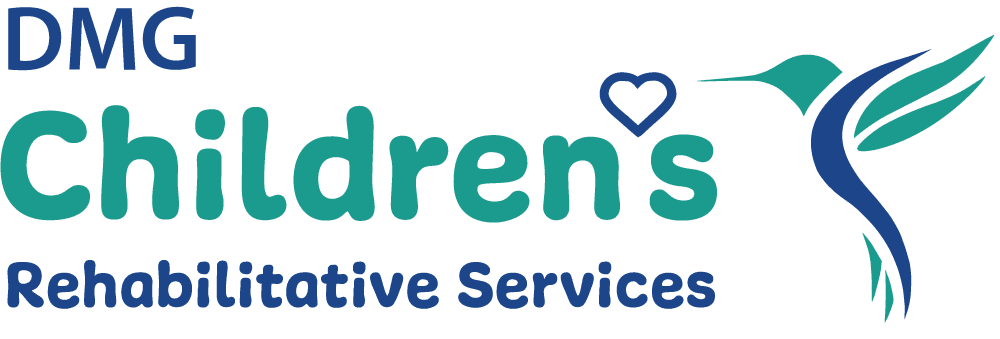Early Intervention for Infants and Toddlers with Developmental Disabilities
By Troy Nelson, MD, pediatrician and medical director, DMG Children’s Rehabilitative Services
Contents:
March is Developmental Disabilities Month. According to the Centers for Disease Control and Prevention (CDC), the United States has experienced an increase in children with developmental disabilities. Examples of development disability include:
- Attention-deficit/hyperactivity disorder (ADHD)
- Autism spectrum disorder (ASD)
- Cerebral palsy
- Moderate-to-profound hearing loss
- Learning disability
- Intellectual disability (ID)
- Recurrent seizures in the past 12 months
- Stuttering or stammering in the past 12 months
- Visual impairment
- Any other developmental disability or delay
The same CDC study also revealed that some groups of children were more likely to have a developmental disability than others, such as:
- Boys compared to girls
- Non-Hispanic white and non-Hispanic black children compared to Hispanic children or non-Hispanic children of other races
- Children living in rural areas compared to children living in urban areas
- Children with public health insurance compared to uninsured children and children with private insurance
The CDC found that 17% of children 3–17 years old had a developmental disability, and this percentage increased over the two time periods compared (2009–2011 and 2015–2017). Specifically, diagnoses increased for ADHD, ASD and ID.
One of the potential reasons for the documented increase is improved awareness, screening, diagnosis, and service accessibility. Healthcare providers and parents/guardians are having more conversations about symptoms (called “developmental delays”) of a potential developmental disability early, allowing for improved diagnosis and early intervention.
What is a “Developmental Delay?”
Parents or guardians are in the best position to detect a developmental delay in an infant or toddler. Developmental delays fall into five categories:
- Adaptive development: The ability level of a child related to age-appropriate life skills, such as self-care (feeding, dressing, etc.)
- Cognitive development: How children think, explore and figure things out, including knowledge and understanding and problem solving
- Communication development: The skills to understand and express thoughts, feelings, and information
- Physical development: Motor skills defined as children’s abilities to use and control their bodies, including vision and hearing
- Social or emotional development: how children start to understand who they are, what they are feeling and what to expect when interacting with others
If you sense a developmental delay in your child, share your concerns with your child’s primary care provider (PCP) immediately. Your child’s PCP will assess your child through a developmental screening and engage the right specialists and support, as needed, to optimize early intervention for a diagnosed developmental disability.
Benefits of Early Intervention
“Early intervention” describes services and support that help a baby or toddler (from birth to three years of age, in most cases) with a developmental disability or delay. Early intervention may include speech therapy, physical therapy, behavioral health support and other types of medical services based on the needs of the child and family.
According to the CDC, intervention is likely to be more effective when it is provided earlier in life because:
- Connections in a baby’s brain are most adaptable in the first three years of life.
- Services can change a child’s developmental path and improve outcomes for children and their families.
- Families are better able to meet their child’s needs at an early age and throughout their lives.
As the largest multi-specialty interdisciplinary clinic (MSIC) in Maricopa County, DMG CRS provides all needed medical and support services in one place, so your child’s treatment plan is managed through a single medical record with coordinated care among all pediatric specialists and services. If you have questions about your child’s development at any age or need care of a child with a developmental disability, please contact us to schedule an appointment with a pediatrician or the appropriate pediatric specialist.
This post was originally published on December 9th, 2020 at DMGAZ.org with light contextual revisions August 10th, 2023.




